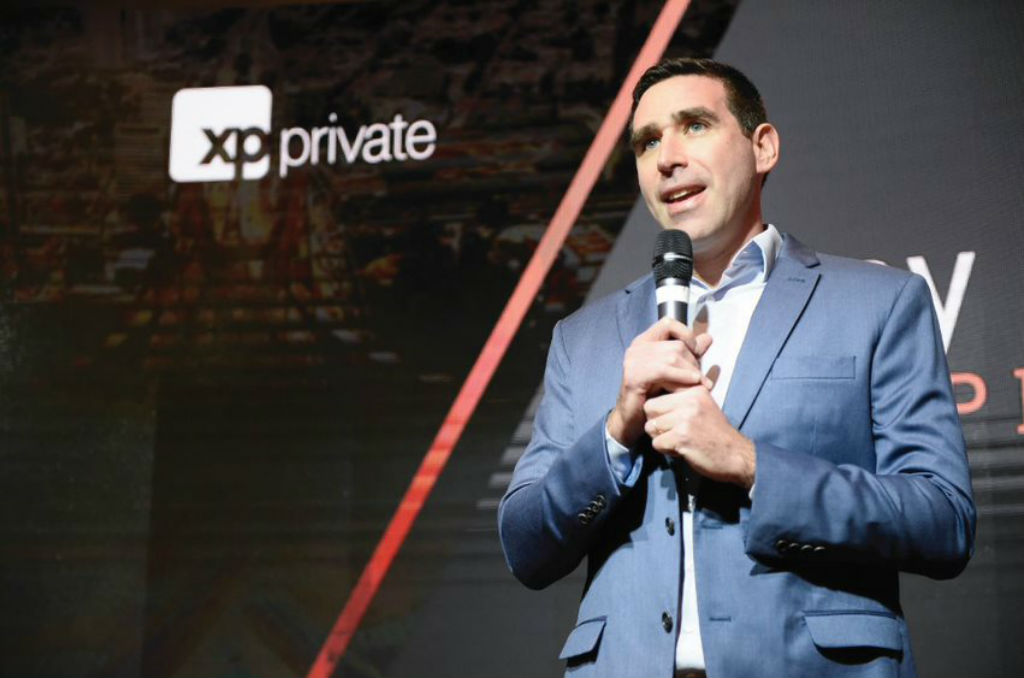RIO DE JANEIRO, BRAZIL – Despite one of the worst years in Brazil’s economy history, XP Private, the millionaire clients’ arm of XP Group, has nothing to complain about. The number of clients in the segment created in 2015 hiked 30% in 2020 to a total of 6,000 accounts.

The total amount invested in these accounts more than doubled, rising from R$91 billion in late 2019 to R$228 billion by the end of 2020.
It is no different for the rest of the market (although growth has been less pronounced): according to data from ANBIMA, the capital markets association, the volume of capital invested in the very high-income segments of the country’s banks and brokerage houses rose 13% in 2020, to R$1.5 trillion, equivalent to something like 20% of Brazil’s GDP.
The segments known as “private” are a kind of VIP area of financial institutions, with exclusive services and products, where ultra-rich clients with at least R$3 million in investments come to. At XP, the admission level for the very high-income segment is R$10 million, but the current average in each client’s account is R$38 million.
For the global head of XP Private, Beny Podlubny, the hefty growth numbers have a very particular reason: the explosion of IPOs and stock offerings on the B3, the Brazilian stock exchange.
“A large share of our growth stems from clients from other institutions that we have pulled in. But there is a second part that is new money, which is basically generated by this huge volume of IPOs taking place. They generate liquidity, they generate wealth.”
IPO is the acronym for initial public offering, the process of offering shares of a private corporation to the public in the stock exchange. In practice, it is the company or one of its partners offering a portion of its stake for sale to other investors in the market.
The same logic applies to “follow-ons”, which are subsequent offerings: the difference with respect to the IPO is that in follow-ons the sale of shares is not initial, i.e. it is made by a company that already has shares listed and decides to offer another round.
“It’s money going into the company’s cash flow or into the entrepreneur’s pocket. And every day there is a new IPO happening. Which means that every day you have dozens of new private clients entering the market. It is a whole new generation of investors. It’s a virtuous cycle of liquidity generation,” says Golubny.
Beny Podlubny, from XP Private
XP, has helped 35 companies structure their initial or subsequent share offerings last year, for instance, leaving the door ajar for future clients.
“Our bankers spend six months of the year alongside that entrepreneur, day in and day out, helping set up his IPO,” says the head of XP Private. “When that entrepreneur receives the money, he already knows us, it’s only natural that he will come to us and invest what he’s earned.”
Explosion of IPOs
In 2020, the B3 stock exchange registered 28 IPOs and 25 follow-on offerings, for a total of 53 operations – the highest figure since 2007. For the sake of comparison, the whole stock market has around 350 listed companies. In the first 50 days of 2021, another 15 new companies have gone public.
Behind the surge are the lowest interest rates in the country’s history, which have crushed the comfort of fixed income, and a huge increase in the number of investors in the stock market and other types of investments linked to the real economy.
This environment has attracted more companies, including smaller ones, to the stock market and other types of bond issues through the financial market. For these companies, this is an alternative means of financing themselves, rather than borrowing money from banks, for instance.
“This trend is continuing in 2021. There’s virtually one IPO a day taking place, and there’s much new liquidity still to be generated,” said XP Private’s Beny Podlubny.

